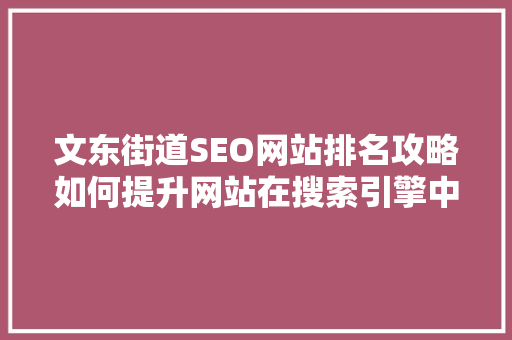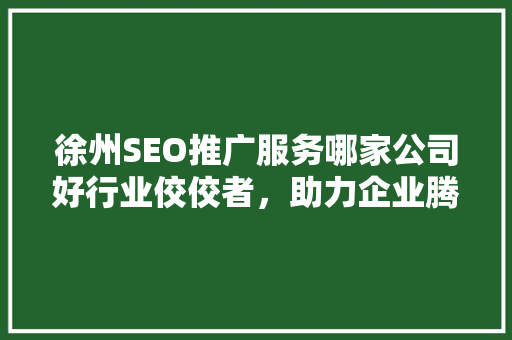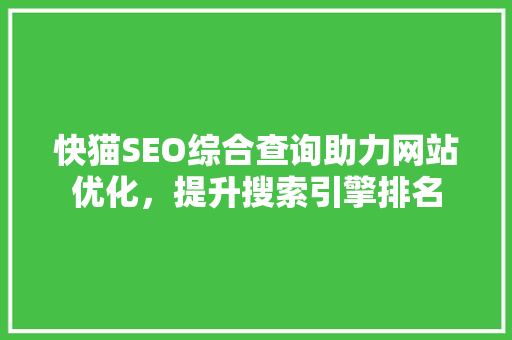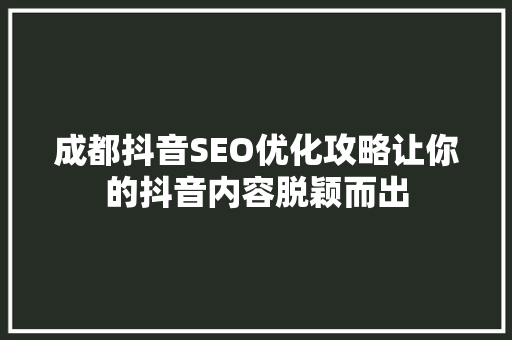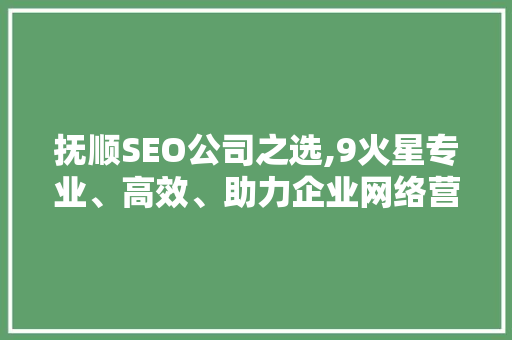In today's digital age, Search Engine Optimization (SEO) plays a crucial role in enhancing the visibility and credibility of websites. One of the most effective SEO strategies is blogging. Blogs not only provide valuable content to your audience but also help improve your website's search engine rankings. In this article, we will explore the essential role of blogging in SEO, highlighting its benefits, best practices, and key considerations to help you leverage this powerful tool.
I. The Importance of Blogging in SEO

1.1. Content Creation
The foundation of SEO lies in creating high-quality, relevant, and informative content. Blogs enable businesses to consistently publish content that appeals to their target audience, addressing their pain points, answering their questions, and providing valuable insights. This not only establishes the brand as an authority in the industry but also encourages users to engage with the website, ultimately improving its search engine rankings.
1.2. Keyword Optimization
Keyword optimization is a critical aspect of SEO, as it helps search engines understand the content and context of your website. By incorporating relevant keywords into your blog posts, you can increase the chances of your content being found by users searching for those specific terms. This not only drives targeted traffic to your website but also enhances its relevance and authority in the eyes of search engines.
1.3. User Engagement and Time-on-Site
Blogging can significantly boost user engagement on your website. When readers find valuable information in your blog posts, they are more likely to spend more time on your site, share your content, and return in the future. This increased engagement is a positive signal to search engines, indicating that your website offers high-quality content and a positive user experience, thus improving your rankings.
II. Best Practices for Blogging in SEO
2.1. Identify Your Target Audience
Before starting a blog, it's essential to identify your target audience. Understanding their needs, preferences, and pain points will help you create content that resonates with them. Conduct market research, analyze your competitors, and use tools like Google Analytics to gain insights into your audience's demographics, interests, and behaviors.
2.2. Create a Content Calendar
A content calendar will help you organize and plan your blog posts in advance. This ensures that you maintain a consistent publishing schedule, which is crucial for search engine rankings. Additionally, a well-planned content calendar helps you align your content with your marketing goals and audience expectations.
2.3. Optimize Your Blog Posts
To maximize the SEO potential of your blog posts, follow these best practices:
a. Use relevant and high-quality keywords throughout the post.
b. Craft compelling headlines and meta descriptions to attract readers.
c. Break the content into readable sections with headings, bullet points, and subheadings.
d. Incorporate multimedia elements such as images, videos, and infographics to enhance user engagement.
e. Include internal and external links to provide additional value to your readers and establish credibility.
2.4. Promote Your Content
Once you have published a blog post, it's crucial to promote it to increase its visibility. Share your content on social media platforms, engage with your audience through comments, and leverage email marketing to reach your subscribers.
III. Key Considerations for Effective Blogging in SEO
3.1. Focus on Quality over Quantity
While it's essential to maintain a consistent publishing schedule, the quality of your content should always take precedence. Focus on delivering valuable and informative content that addresses your audience's needs, rather than churning out low-quality posts for the sake of meeting a publication schedule.
3.2. Monitor Your Analytics
Regularly monitor your blog's performance using tools like Google Analytics. Track metrics such as page views, bounce rate, and average time on page to identify areas for improvement. Use these insights to optimize your content and better understand your audience's preferences.
3.3. Stay Updated with Industry Trends
The digital marketing landscape is constantly evolving. To remain competitive and provide valuable content to your audience, stay updated with the latest industry trends, technologies, and best practices. This will help you maintain your brand's authority and relevance.
In conclusion, blogging is an essential component of a successful SEO strategy. By creating high-quality, relevant content, optimizing for keywords, and engaging with your audience, you can improve your website's search engine rankings and drive targeted traffic. Implement the best practices and key considerations outlined in this article to leverage the power of blogging for your SEO efforts.
